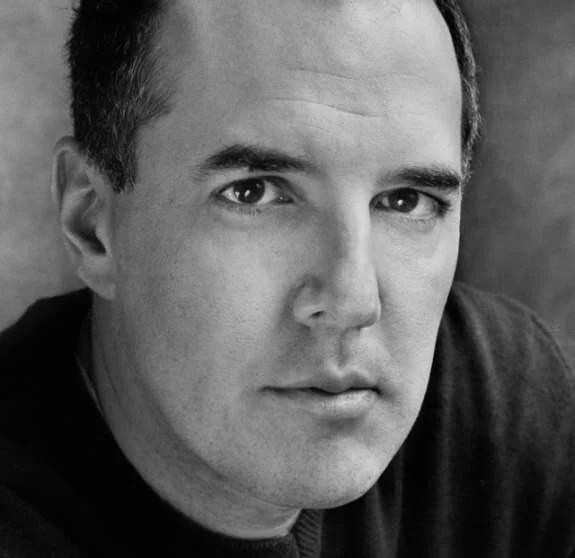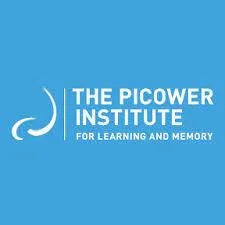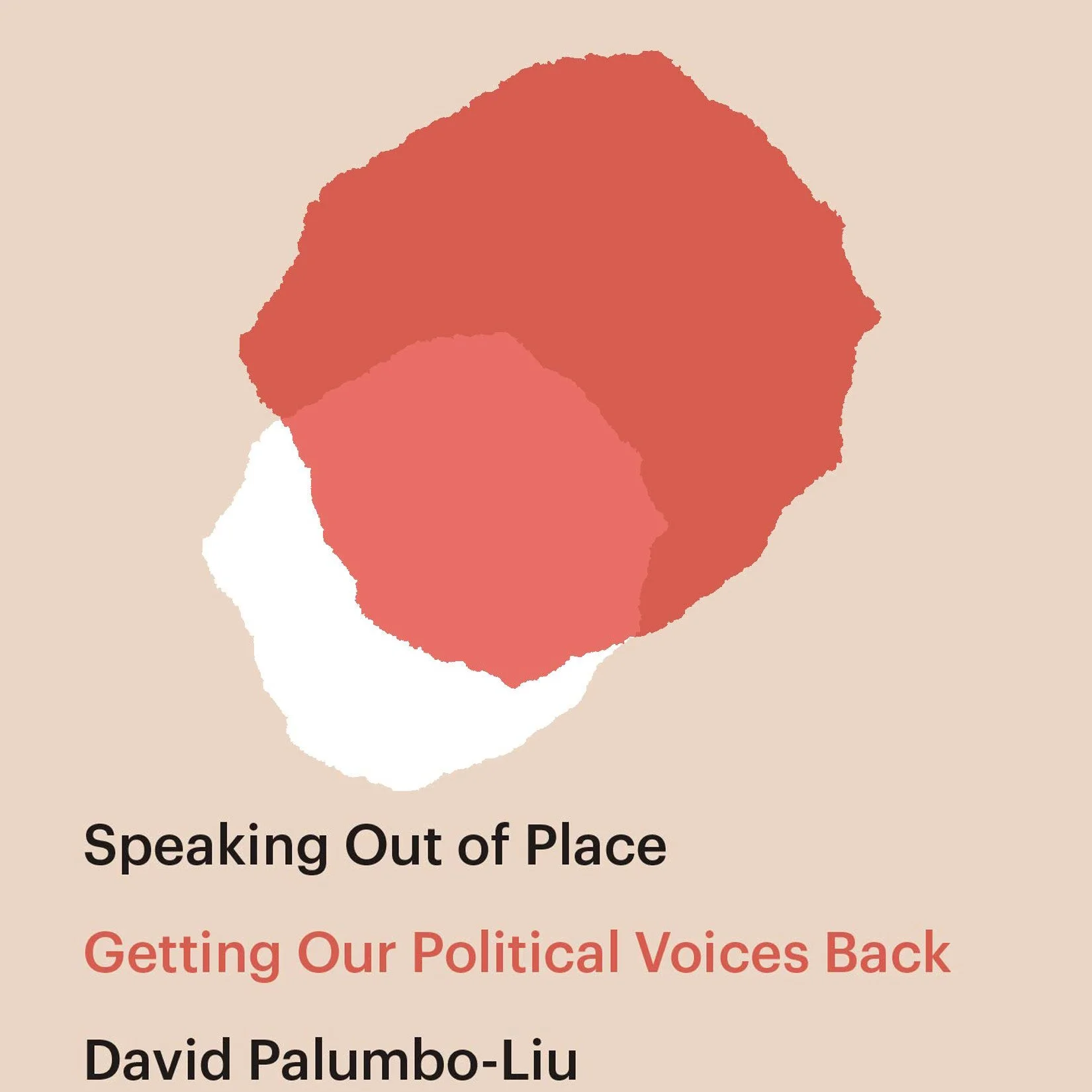The Business of Less: The Role of Companies & Households on a Planet in Peril - ROLAND GEYER - Highlights
/Author of The Business of Less
Professor at Bren School of Environmental Science & Management, UC Santa Barbara
So, if we study transportation, then we need to study urban development and infrastructure. Suddenly, we need to think about housing. We need to think about the co-location of jobs and shops, and you realize it's all connected. That might be one of the challenges of urban sustainability. It's all connected. So the way we move around is connected to the way we built the city. And I think the intrinsic sustainability or non-sustainability in urban areas seems to be designed in. Especially in the United States where there are just so many places where, if you don't have a car, you're basically stranded. You can't go anywhere. The European model is to have co-located things, and I miss that. I think it has some intrinsic sustainability built-in.




















